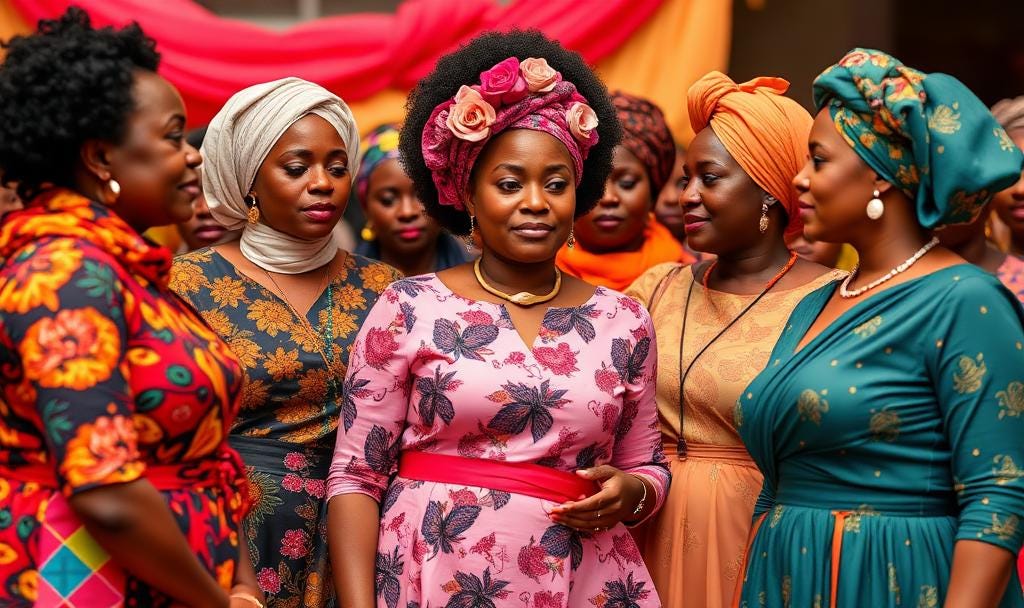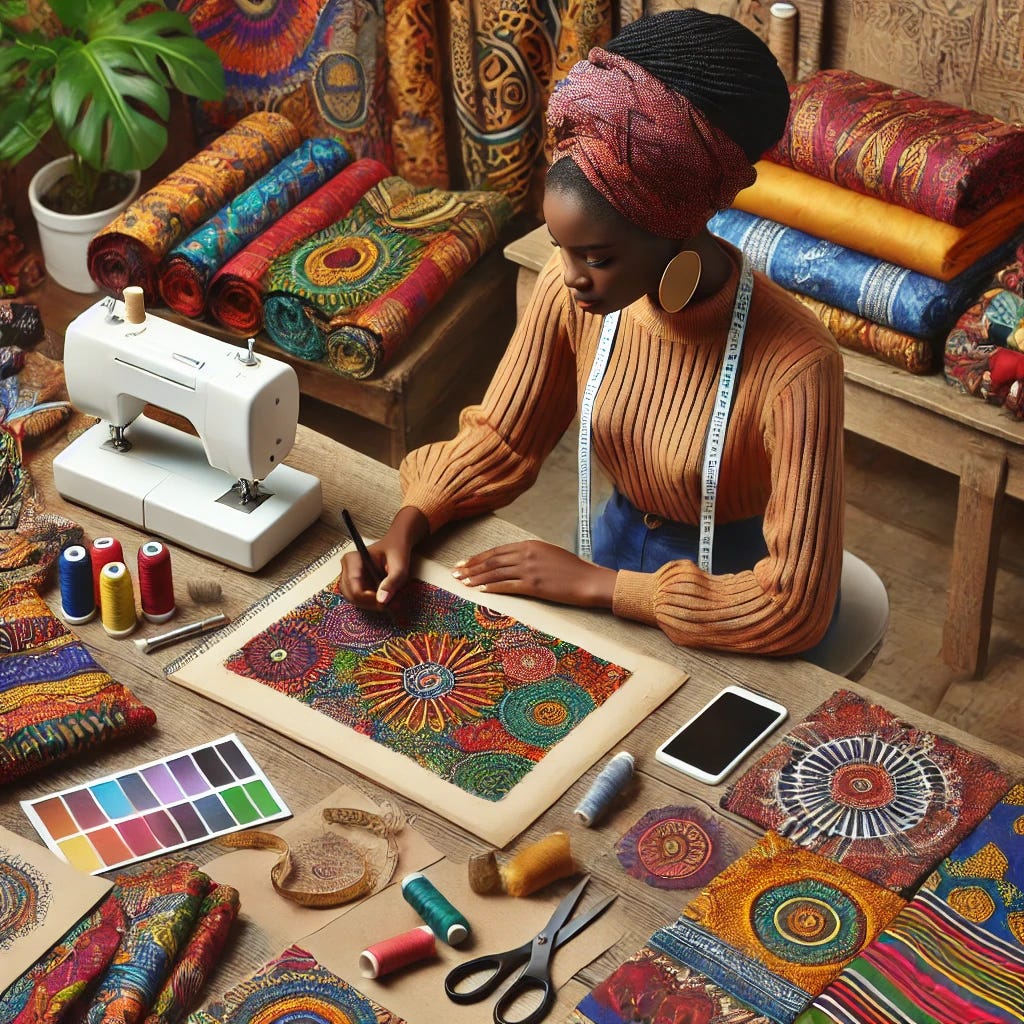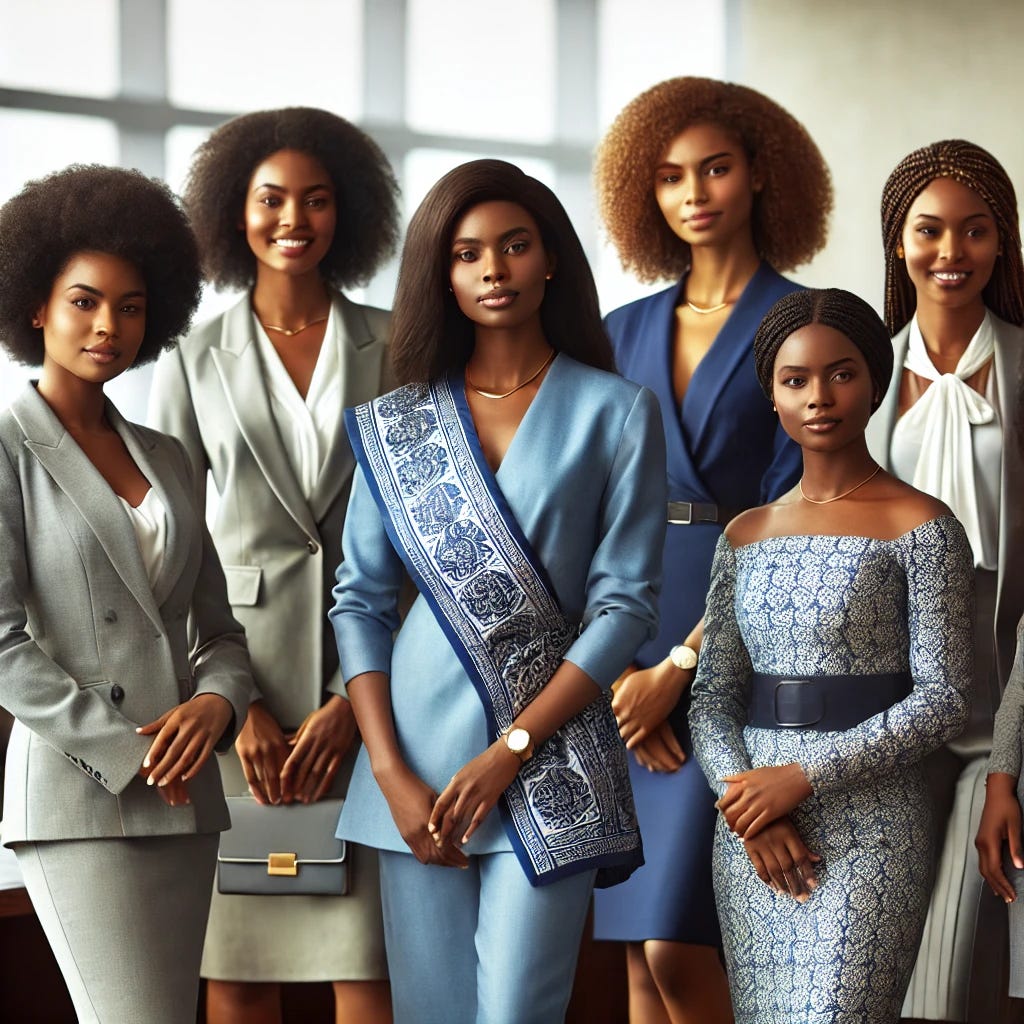International Women’s Day: Celebrating Progress, Empowerment, and the Road Ahead from an African Perspective
Every year on March 8th, the world unites to celebrate International Women’s Day (IWD), a global event dedicated to recognizing the achievements of women across social, economic, cultural, and political fields. This day serves as a reminder of the progress made toward gender equality and the ongoing challenges women continue to face worldwide, especially in Africa, where women play a vital role in driving social and economic transformation.
The History of International Women’s Day
International Women’s Day traces back to the early 20th century when women started advocating for improved working conditions, fair wages, and voting rights. The first National Women’s Day was celebrated in the United States on February 28, 1909, drawing inspiration from the labor movements of that era. In 1910, at the International Socialist Women’s Congress in Copenhagen, Clara Zetkin suggested the idea of a dedicated annual day to acknowledge and promote women’s rights. The inaugural official International Women’s Day took place in 1911, featuring rallies and protests in countries such as Austria, Denmark, Germany, and Switzerland.
Over the years, IWD has developed into a major global movement. It was recognized by the United Nations in 1975 and serves as a platform to emphasize crucial issues such as gender-based violence, workplace discrimination, and the underrepresentation of women in leadership positions.
The 2024 Theme: Inspiring Inclusion
International Women’s Day features a distinct theme each year, highlighting current challenges and objectives in achieving gender equality. For 2024, the theme is “Inspire Inclusion,” which underscores the importance of fostering a world where women are valued, empowered, and included in every facet of society. Inclusion goes beyond mere representation; women’s voices, perspectives, and contributions are acknowledged and respected.
The Importance of International Women’s Day in Africa
Africa has made significant progress in gender equality, yet deep-seated challenges persist. Women continue to lead in economic and social transformation, especially in agriculture, trade, education, and governance sectors. Some key challenges unique to African women include:
Economic Disparities: Women are vital to Africa’s economy, especially in informal and agricultural sectors. However, they frequently lack access to financial services, land ownership, and equal pay.
Leadership Gaps: While countries like Rwanda have set a global example by achieving the highest female parliamentary representation, many African nations still struggle with gender parity in political and corporate leadership.
Gender-Based Violence: According to UN reports, African women experience high rates of gender-based violence, including early marriage, female genital mutilation (FGM), and domestic abuse.
Access to Education and Healthcare: Millions of girls in Africa still face barriers to education due to poverty, cultural practices, and inadequate infrastructure. Similarly, maternal healthcare remains a critical concern in several regions.
Empowering African Women Towards a Sustainable Future
To achieve genuine gender equality, African governments, businesses, and communities must actively empower women. Here are some key ways to contribute to this cause:
Promote Equal Pay and Economic Opportunities – Governments should adopt policies that enhance women’s access to credit, land, and entrepreneurship programs.
Encourage Women’s Leadership – More African women should be supported in leadership positions, both in politics and business.
Support Women Entrepreneurs –Africa is home to one of the fastest-growing populations of women entrepreneurs, and investing in female-led businesses can drive economic growth.
Educate and Raise Awareness – Gender equality must be integrated into school curricula, and community leaders should advocate for girls' education.
Advocate for Policy Changes – Governments and international organizations must implement and enforce laws that protect women’s rights and promote gender equality.
The Influence of African Fashion Design
African women have played a transformative role in the fashion industry by blending traditional craftsmanship with modern aesthetics to create globally recognized styles. Women-led brands are reshaping the industry, empowering local artisans, and generating economic opportunities. From high fashion to sustainable textiles, African women designers foster cultural pride and financial independence through their work. The fashion industry serves as a source of economic empowerment and a means of preserving Africa’s rich cultural heritage, with designers utilizing indigenous textiles, prints, and weaving techniques to share their stories with the world.
Women in Health: The Foundation of African Healthcare
Women constitute most of Africa’s healthcare workforce as doctors, nurses, midwives, and community health workers. Their contributions are essential in addressing public health challenges, from maternal care to fighting infectious diseases. However, many still encounter obstacles such as low pay, limited career advancement, and workplace discrimination. Strengthening policies that support women in health will improve healthcare systems throughout the continent. In particular, African women have played a vital role in combating diseases like HIV/AIDS, malaria, and, more recently, COVID-19, demonstrating that gender-inclusive healthcare policies result in better health outcomes.
Women in IT and Technology: Shaping the Future
African women are breaking barriers in IT and technology, entering traditionally male-dominated fields. Women-led tech startups are emerging globally, focusing on fintech, e-commerce, and educational technology. Initiatives such as coding boot camps, STEM education programs, and tech incubators empower the next generation of women in technology. Increased investment and mentorship programs are crucial for bridging the gender gap in Africa’s tech ecosystem. With initiatives like Women in Tech Africa and African Girls Can Code, more women receive training in digital literacy, cybersecurity, and AI, positioning Africa as a key player in the global tech revolution.
Celebrating the Achievements of African Women
International Women’s Day is also a chance to honor the remarkable contributions of African women. From Nobel Laureate Wangari Maathai, who spearheaded environmental conservation efforts, to Ellen Johnson Sirleaf, Africa’s first female head of state, and Chimamanda Ngozi Adichie, a powerful voice in literature and feminism, African women have made significant impacts on society.
At the grassroots level, countless African women are impacted by leading social initiatives, advocating for climate action, and breaking barriers in male-dominated fields such as technology, science, and sports. Their resilience and determination continue to inspire future generations.
How to Get Involved
There are many ways to participate in International Women’s Day throughout Africa.
Participate in or host events for IWD that honor the accomplishments of African women.
Support businesses owned by African women by buying their products or services.
Leverage social media to raise awareness with hashtags like #IWD2024, #InspireInclusion, and #AfricanWomenLeaders.
Educate yourself and others about gender equality issues impacting African communities.
Support or contribute to organizations focused on the rights and empowerment of African women.
Looking Forward: A Future of Equality and Inclusion
While progress has been made, the journey toward gender equality in Africa is still ongoing. International Women’s Day is both a celebration and a call to action. It reminds us that everyone has a role in creating a fairer, more inclusive world for women and girls throughout the continent.
As we commemorate IWD 2024, let’s commit to fostering inclusion in every facet of life, challenging biases, and advocating for policies that empower African women. The future shines brighter when everyone has an equal chance to succeed.






